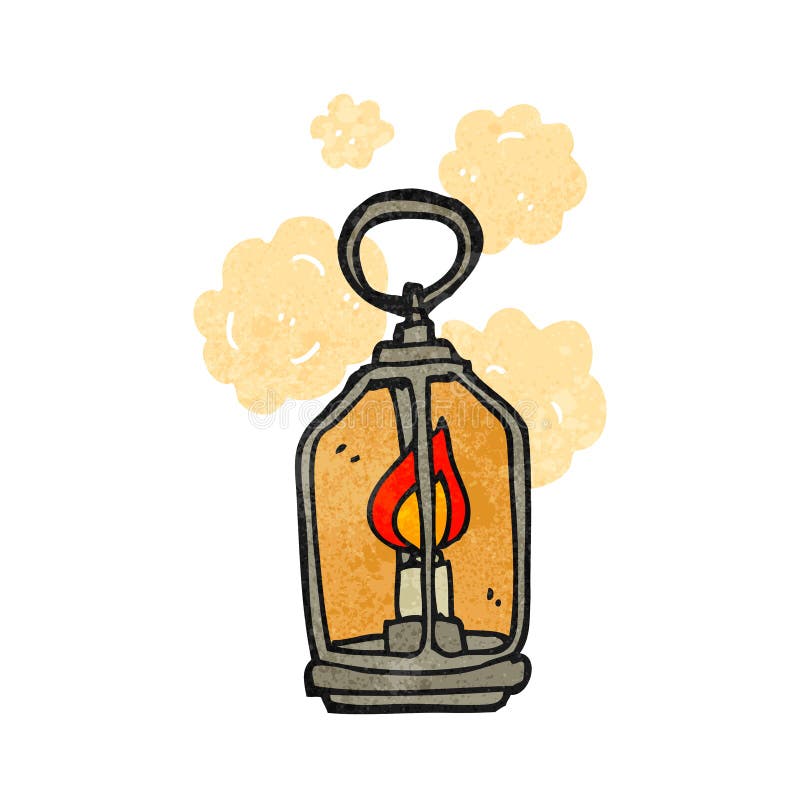Human Nature
5.0 / 5 based on 1 rating
- Created by: Alexandria3
- Created on: 17-05-18 10:17
Augustine's Life
- Lived between 354 and 430 CE. Father was a pagan (holding religious beliefs other than those of the main world religions and his mother was a Christian.
- Involved in both Manicheanism (Iranian) and neo-Platonism which were condemned as hereseys by the Catholic Church and in later life Augustine wrote books which explicitly opposed these ideas.
- Influenced by scholars such as Cicero, became a teacher.
- 'Ran with lust', lied to teachers and parents. A key idea in understanding Augustine's teaching about human nature is his own disgust at his inability to do what he knew he ought to do.
- Returned to North Africa- priest than bishop of Hippo.
- His mother opposed his forays into Manicheanism.
- Influenced by his mother, classical scholars, 'wild youth', his concubine, fatherhood, Manicheanism, neo-Platonism, conversations with St Ambrose and argument with Pelagius about free will.
1 of 9
Augustine's teachings on the relationship between
"It is not good for the man to be alone. I will make him a helper suitable for him." -Genesis
- Augustine concludes that Eve is made to be Adam's helper and her primary role must be procreation.
- "If it were not the case that the woman was created to be man's helper specifically for the production of children then why would she have ben created as a 'helper'?"
- The creation of human beings is followed by 'Go forth and multiply'.
- Augustine did believe that these was a God-given hierarchy in which the woman was subordinate to the man.
- "Now I want you to realise that the head of every man is Christ, and the head of the woman is man, and the head of Christ is God." "Man is the image and glory of God; but the woman is the glory of man. For man did not come from woman, but woman from man." - Corinthians.
- The Fall involved a subversion of the God-given order: Humans disobey God, woman leads man into sin, bodily desire overrules reason and understanding.
- Augustine interprets the punishment given to Eve as including both a reiteration of and an increase in her subordinate status.
- "And you shall be subject to your husband, and he will rule over you."
- "The sentenced pronounced by God gave this power rather to man; and it is not by her nature but rather by her sin that woman deserved to have her husband for a master. But if this order is not maintained, nature will be corrupted still more, and sin will increase."
2 of 9
Augustine on the soul part 1.
- Augustine makes it quite clear that in his view both body and soul are created by God (something denied by the Manicheans who saw physical matter as an evil force distracting the pure soul). As both body and soul come from God, both are good and an essential part of what it is to be human.
- He also thought that God intended there to be a hierarchy between body and soul. The soul, being rational, moral and capable of understanding was to be the ruler of the body.
- To be human is to have both and although body and soul are distinct from each other they do work together.
- Augustine thought the body was also essential as the vehicle for the soul.
Augustine compared it to physical frame of a lantern which carried the flame (the soul).
3 of 9
Augustine on the soul part 2.
- Although Augustine rejected his Manichean and neo-Platonist beliefs he does seem to sometimes think of the body in terms of something that drags down the soul. However, he explicitly denied that the body was anything other than good ( it did after all come from God) and explained that it was not the body itself but the corruptibility of the body that caused it to be a burden on the rational soul.

4 of 9
Augustine on Concupiscence (sin) part 1.
- Augustine had a life-long interest in sin and it presented a logical problem to him: "How, then, do I come to possess a will that can choose to do wrong and refuse to do good, therby providing a just reason why I should be punished? Who put this will into me? The devil? But who made the devil and how did he come to possess the wicked will which made him a devil, when the Creator, who is entirely good made him a good angle and nothing else?"
- Essentially his question was why do humans have the potential to sin if they are made by a good God? Augustine believed even children had a predisposition to sin.
- "No man is free from sin, not even a child who has lived only one day on earth."
- If we don't want to sin why do we do it? Augustine had been taught that we sin out of our own free will, but in his experience this did not seem to be the case.
- Augustine came to believe that God created humans good but with free will. If someone is to have genuine free will then they must have a real possibility of choice.
- If God had created humans who always chose to do good then they would not have free will. Augustine believed that evil was a lack of the good that God intended for the world.
- Augustine called evil a privation-lack of good.
5 of 9
Augustine on Concupiscence (sin) part 2.
- Augustine developed the idea of concupiscence. For Augustine, the Fall was not just an example of individuals falling short of good. He believed that the Fall left lasting damage on human nature. The soul's rebellion against God caused a rebellion of the body against the mind.
- This meant that in the postlapsarian(occurring or existing after the Fall of Man) state every human from then on would be born with rebellion (concupiscence) at the heart of their being.
- "The soul, which had taken a perverse delight in its own liberty and disdain to serve God, was no deprived of its original mastery over the body" -Augustine
- "From this moment on, then the flesh began to lust against the spirit. With this rebellion we are born." -Augustine
- Augustine cites as proof the fact that the sexual organs can both be active when the mind does not want them to be and passive when the mind wants the opposite. For this reason, the genitalia acts as a constant reminder of humanities sinful rebellion and become 'Pudenda'-parts of shame.
- Note: sexual lust is not the only example of concupiscence. Any action which bodily desire or animalistic drives overrule the judgement of the rational soul would also be examples of concupiscence.
6 of 9
Pelagius and Jean Paul Sartre
- Pelagius was a British monk who argued that humans did have genuine free will which meant that he rejected the idea we were born with an inclination to sin.
- He argued that it would be unjust of God to condemn us for something that we could not help, God knows our capabilities so he would not give instructions that we could not keep, good people existed in the Old Testament before Jesus brought salvation into the world.
- Pelagius' views were condemned in 418 CE at the Council of Carthage. The council reiterated Augustine's view including sin was inherited, babies must be baptised to rid them of original sin and humans can only be good with the help of the grace of God.
- Jean Paul was an existentialist French philosopher. He argued that there is no such things as human nature. We all have the capacity to make our own essence through the choices we make.
7 of 9
Concluding points part 1.
- To a certain extent Augustine's account of human nature seems to be accurate as many people would share is experience of wanting to do one thing yet doing another.
- His belief that 'bodily' desires can overthrow common sense also seems to fit with our experience with nature.
- However, a big problem with Augustine's view is that it seems fairly firmly founded in some outdated ideas. Specifically:
1. The Fall (challenged by evolution)
2. Belief in a spiritual soul (challenged by materialism/physicalism)
3. Inheritable corruption (i.e. original sin passed on by the lust inherent in sex)
- Fundamentalists would dismiss the first as irrelevant as in their view creation happened as the Bible records it and it science says otherwise science is then wrong. As for the second, it is certainly possible to argue that there are some reasons to believe in the soul (moral conscience, near death experiences).
8 of 9
Concluding points part 2.
- Pelagius pointed out that the doctrine of Original Sin can present as theological and moral problem. It wold be unfair for God to punish people if they have inherited a nature that inclines them towards sin.
- "Everything, good and evil, concerning which we are either worthy of praise of blame, is done by us not born with us. We are not born in our full development, but with a capacity for good and evil." - Pelagius as quoted by Augustine.
- Evidence from the Milgram experiment suggest that rather than being naturally rebellious people are predisposed to do as they are told by authority figures. They will obey orders even when it involves harming others or goes against their own initial moral instincts.
- The data from the Stamford Prison Experiment could suggest that some people are inclined to abuse power and authority to harm others if they can.
9 of 9
Related discussions on The Student Room
- Religious Studies GCSE 5 Marker »
- discuss the view that the idea of Purgatory makes more sense than Hell »
- Eduqas A-level Religious Studies 1 (A120UA0-1-A120UF0-1) & 2 (A120U20-1) [Exam Chat] »
- marking an inspector calls english gcse essay »
- Can someone give feedback/grade my essay as Hyde being a frightening outsider? thanks »
- OCR A-Level Religious Studies Paper 3 (H573/03) 26th June 2023 [Exam Chat] »
- PLS MARK THIS FOR GCSE'S: How is theme of supernatural presented in Macbeth »
- OCR - Religious Studies »
- Explain two ways in which the belief about the creation influences Christians today. »
- how is macbeth presented as an ambitious character »
Similar Religious Studies resources:
0.0 / 5
2.0 / 5 based on 2 ratings
2.0 / 5 based on 1 rating
0.0 / 5
0.0 / 5
0.0 / 5
0.0 / 5
0.0 / 5
0.0 / 5
5.0 / 5 based on 1 rating
Comments
No comments have yet been made